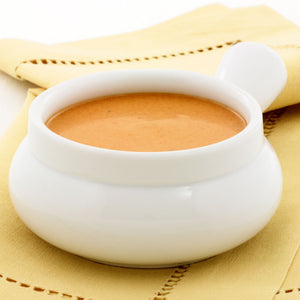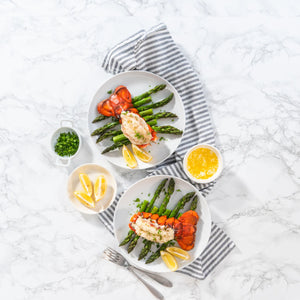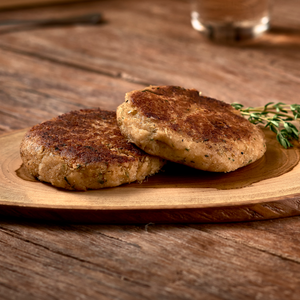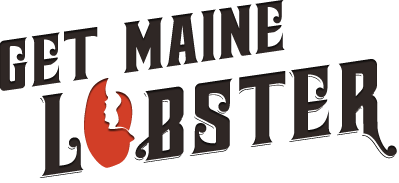Courtesy of Esther Davidowitz, NorthJersey.com
The good news: coronavirus is not foodborne. That means you can't get the coronavirus by ingesting food. You can get it from people, of course, those who sneeze, cough or exhale the coronavirus. Which is why we're told not to touch others, nor stay too close to others, and to wash our hands often.
But still, do you need to worry about how you handle food? What if someone sneezed on your apple? Can you still eat your steak rare? What about sushi – is it safe to eat?
We asked two food scientists at Rutgers University – graduate program director Donald Schaffner and professor emeritus Thomas Montville – on how tobest handle food to protect us against the coronavirus.
Question: Experts say the coronavirus is not foodborne. Yet, they strongly suspect animals in China – in a food market, no less – were the likely source of the initial infection. So doesn't that mean that it is foodborne?
Donald Schaffner: It's thought that the virus was transmitted by animals not by eating them but by having close proximity to the animals. Viruses can jump between species and that's what most probably happened. Most probably it was a respiratory transmission.
Question: Do I need to wash fruits and vegetables for a longer time due to the coronavirus? Do I need to “sanitize” them with soap?
Thomas Montville: Wash your fruits and vegetables as usual, or even with a little warm soapy water. We should always wash our fruits and vegetables. That's just good safety practice.
Question: What about meat? While the virus is not foodborne, what if the butcher has coronavirus and touched the meat? Can I now get the virus?
Montville: Cooking would kill the virus.
Schaffner: Scientists will never say anything is at zero risk, but I'm not worried at all about getting the coronavirus from food. Hypothetically, yes, perhaps your piece of meat could have the virus on it. But your stomach acids will kill it. Plus the coronavirus is not equipped to get through your intestine's walls, which is how foodborne diseases make you sick.
Question: What about raw foods, like sushi or steak tartare?
Montville: You will never find a food scientist who eats tartare. It can be contaminated with pathogenic bacteria – E. coli, salmonella, listeria. In fact, it's a risk to eat a hamburger rare. As far as sushi, I just don't eat it.
Question: What about all the paper bags food comes in? Do I need to worry about them?
Montville: There's no scientific data that's related to that. It's believed that the virus can survive on cardboard for 24 hours; steel or wood for maybe three days. The mantra in food science is: Wash your hands, wash your hands, wash your hands.And cook your food.









